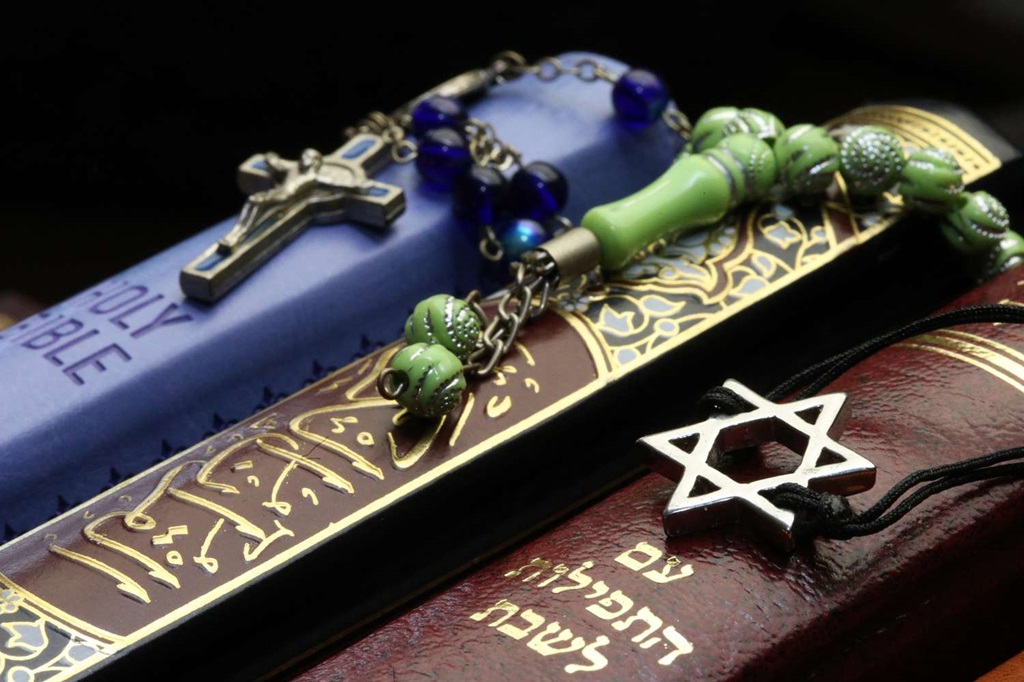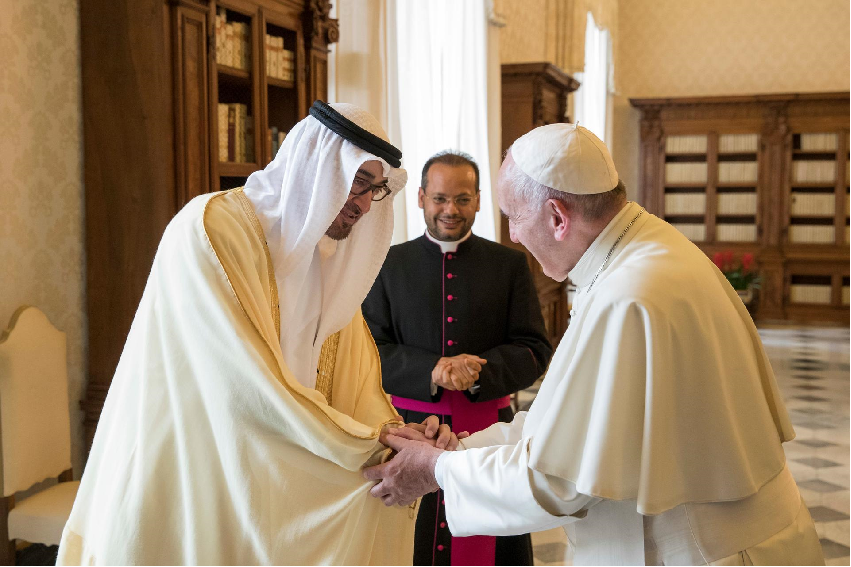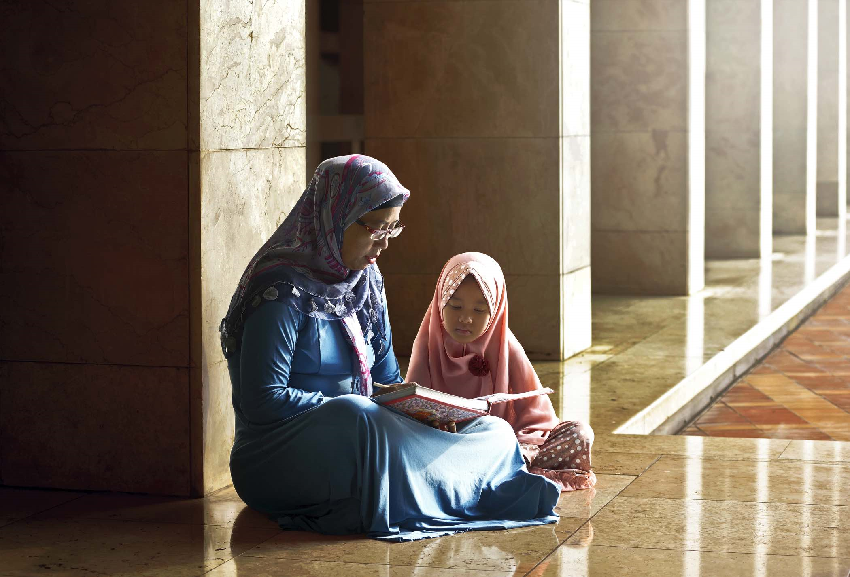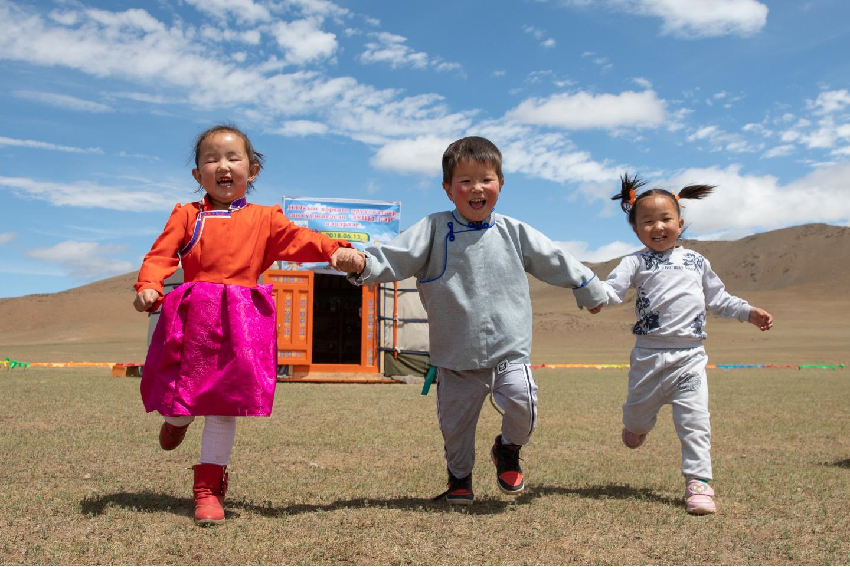
The influence of religion on children and their rights
If we take into account all religions, about 86% of the world’s population is religious. In many countries, the influence of religion drives social behavior and plays an important role in daily life even for children.
What Is Religion
Religion is a group of beliefs and rituals. It consists of rules, stories, and symbols adopted by society or a group of people. Religion can be a way of life and/or a search for answers regarding life and death.
How Freedom Of Religion Is Protected
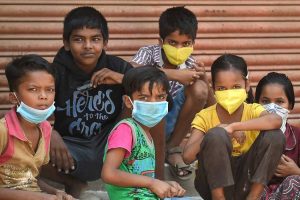
Children, like adults, have the freedom to choose and practice the religion of their choice. This right is protected by article 14 of the Convention on the Rights of the Child: “member states must respect the child’s right to freedom of thought, conscience, and religion”.
The 1999 African Charter on the Rights and Welfare of the Child also upholds religious freedom for children in article 9. In Europe, in the 47 countries that make up the European Council, freedom of thought and religion is protected by article 9 of the European Convention on Human Rights, whether children or adults. If a country does not respect it, it can be punished by the European Court of Human Rights.
Religious Freedom In The World
The notion of religious freedom is not universally recognized and is not accepted throughout the world. Depending on the country where they are, people do not have the same religious freedom.
Theocracies (Vatican City, Saudi Arabia, Republic of Maldives, and the Islamic Republic of Iran) are countries where the clergy wield power in the name of God and where the practice of other religions is formally prohibited and/or strictly controlled.
The practice of religion was prohibited in communist regimes. Currently, the People’s Republic of China and Cuba are officially secular states that practice atheism. The practice of religion is permitted but severely controlled and regulated.
There are also confessional countries in which there is a strong relationship between religion and government. As a general rule, religion is listed in the constitution and enjoys high status. These countries include, for example, Jordan, Greece, and Cambodia.
Finally, there are numerous secular (neutral with respect to religion) and secular (independent of religious authorities) countries. These include the vast majority of countries in the world. All recognize freedom of religion and establish the separation between church and state.
Various minority religions are restricted from practicing their faith in many parts of the world. This also affects children belonging to these minorities, who do not have access to the same schools and once they reach adulthood, they will not have access to any profession. They are poorly regarded by the states and society, forming a group of outcasts in the community. In some countries, apostasy (changing religion) is a crime punishable by death.
Children, The First Victims Of Religious Conflicts
In many countries and on every continent, the influence of religion can be a source of conflict and even war. Unfortunately, it is all too common for children to be the victims of these conflicts, and sadly examples abound all over the world.
In the European region of the Balkans, although the war is officially over. There are areas of tension between Orthodox Christians, Catholics, and Muslims. The latter continue to be the victims of discrimination. In Ireland, the conflict between Protestants and Catholics officially ended on April 10, 1998. With the Good Friday Agreement after 30 years of civil war. Resulting in 3,500 deaths, many of whom were women and children.
In the Caucasus, at the gates of Europe and Asia, in countries like Chechnya, the Republic of Dagestan, and Nagorno-Karabakh. People are being killed every day in terrible conflicts between Orthodox Christians and Muslims.
In Africa, specifically in Nigeria, religious tensions between the predominant Muslims in the north and the Christians and animists in the south have resulted in a large number of deaths since the end of 2011. In Egypt, Copts face discrimination and Children are the first affected. Access to school, health, and employment is restricted to the Coptic minority.
Controversial And Dangerous Practices
In some countries, religious extremists harshly discriminate against women and young girls. In Afghanistan, under the Taliban regime, girls cannot go to school. This ban has been lifted but a large generation of girls have never had the opportunity to learn to read or write. In addition, the regime prohibited games in the street, laughing, singing, and listening to music.
Although the Taliban is no longer in power, some customs and traditions remain. Even in some places, girls remain subject to discriminatory laws. All religious fundamentalism, be it Christianity, Islam, Judaism, or others, endangers the rights of children, especially those that have to do with girls. Some religious interpretations linked with ancient traditions may be the source of violence committed against children. We are going to look specifically at cases of genital mutilation and child marriage.
Child Marriage
Child marriage is what is called the union of two children, or more frequently that of a girl and an adult man, sometimes much older. These marriages can be found all over the world, but mainly in Sub-Saharan Africa and South Asia where values such as virginity and fertility of women are very important. Child marriage is not sanctioned by any religion although some still use this justification.
In the Muslim area of West Africa, the practice of “Sadako” (offer or donation, in Arabic) has become a religious practice. The parents, to avoid hell, give their young girl to a marabout, a religious dignitary, or a member of their family. Since this is done without the girl’s consent, this practice is against the Koran.
Female Circumcision And Genital Mutilation
Female circumcision consists of the mutilation of the genitalia of girls during their childhood. Most of which are carried out in unsanitary conditions. Mainly in Africa, the majority of the population practicing circumcision is Muslim, but this practice also occurs among Christian and Jewish communities. However, there are no religious mentions or support for this custom.
This comes rather from ancient traditions and popular beliefs, as circumcision was still practiced before the arrival of Christianity and Islam. Recently, religious leaders have publicly opposed these mutilations. For example, in Senegal and Egypt, imams are denouncing these inhabitants, advocating a ban to stop this dangerous and violent practice.
The consequences of female circumcision are dramatic. Young women can die from hemorrhages and infections, contract the AIDS virus, or suffer intense physical and psychological pain.
The Importance Of Religion For Children
Religion is very important to many societies as it enables children to learn ethics and resolve issues related to life and death, relationships between people and their place in the world, and notions of right and wrong. Most religions are based on ideals of wisdom, solidarity, and justice. All this is transmitted to children by their family, school, and society so that they become prudent and respectful.
You may like to read The deep influences of religion on psychology

